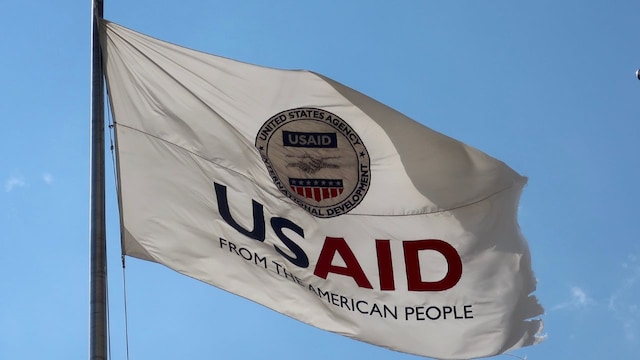US Aid Cuts: Lancet Warns of Devastating Health Crisis – 1.4 Crore Deaths at Risk by 2030

Alarming Report: Potential US Aid Cuts Threaten Global Health Gains
A stark warning has been issued by The Lancet, highlighting the potentially catastrophic consequences of proposed cuts to United States Agency for International Development (USAID) funding. A new study published in the prestigious medical journal predicts that significant reductions in USAID support could lead to over 1.4 crore (14 million) preventable deaths by 2030, effectively undoing decades of progress in improving health outcomes, particularly in developing nations. The report underscores the critical role USAID plays in safeguarding the health of vulnerable populations, especially children.
The Ripple Effect: Reversing Decades of Progress
For years, USAID has been a cornerstone of global health initiatives, providing vital resources for disease prevention, maternal and child health programs, and strengthening healthcare systems in low-income countries. The study authors argue that slashing this funding will have a devastating ripple effect, undermining these efforts and disproportionately impacting the most vulnerable communities. These cuts aren't just about dollars and cents; they represent a potential rollback of hard-won gains in areas like reducing child mortality, combating infectious diseases, and improving access to essential healthcare services.
Children at Greatest Risk
The report specifically emphasizes the heightened risk to children. USAID-supported programs have been instrumental in delivering vaccinations, providing nutritional support, and ensuring access to basic healthcare services for children in developing countries. Reduced funding could lead to a resurgence of preventable diseases, malnutrition, and increased child mortality rates. This would not only have tragic consequences for individual children and families but also hinder the long-term development of affected nations.
Beyond Mortality: A Wider Health Crisis
The impact extends beyond just mortality figures. The study suggests that reduced USAID funding could also lead to:
- Increased rates of infectious diseases like malaria, tuberculosis, and HIV/AIDS.
- Weakened healthcare systems, making it harder to respond to future health emergencies.
- Reduced access to essential medicines and medical supplies.
- Undermined efforts to improve maternal health and reduce maternal mortality.
A Call to Action
The Lancet’s report serves as a crucial wake-up call for policymakers and global health stakeholders. It highlights the urgent need to prioritize international development assistance and safeguard the vital role that USAID plays in protecting global health. The potential consequences of inaction are simply too dire to ignore. Investing in global health is not just a moral imperative; it's also a strategic investment that benefits everyone by preventing the spread of disease and promoting global stability.






